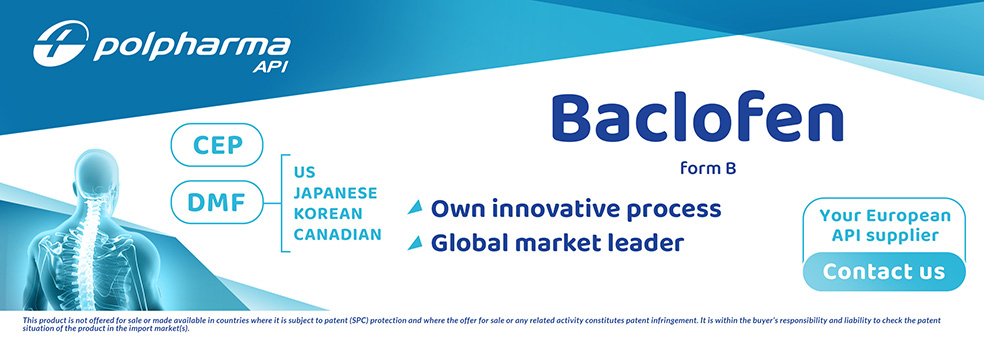


11 Apr 2025
// BUSINESSWIRE
https://www.businesswire.com/news/home/20250410021009/en/Nexus-Pharmaceuticals-Launches-Baclofen-Injection-Refill-Kit

09 Apr 2024
// GLOBENEWSWIRE
https://www.globenewswire.com/news-release/2024/04/09/2859816/0/en/ANI-Pharmaceuticals-Announces-the-Launch-of-Baclofen-Oral-Suspension.html

10 Jan 2024
// FDA
https://www.accessdata.fda.gov/scripts/cder/daf/index.cfm?event=overview.process&ApplNo=217788

18 Sep 2023
// PR NEWSWIRE
https://www.prnewswire.com/news-releases/allos-pharma-inc-expands-intellectual-property-rights-for-arbaclofen-301930753.html

10 Aug 2023
// FDA
https://www.accessdata.fda.gov/scripts/cder/daf/index.cfm?event=overview.process&ApplNo=216309

08 Jun 2023
// FDA
https://www.accessdata.fda.gov/scripts/cder/daf/index.cfm?event=overview.process&ApplNo=217252
